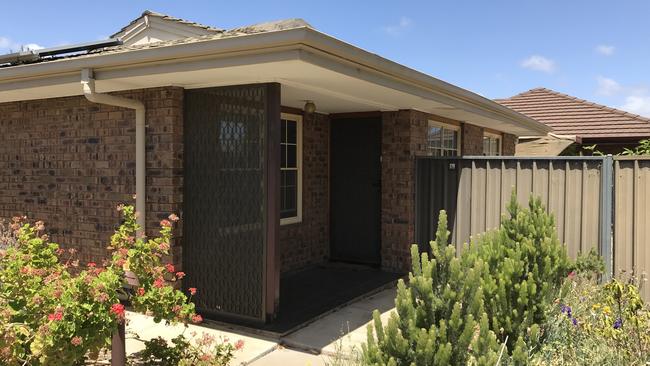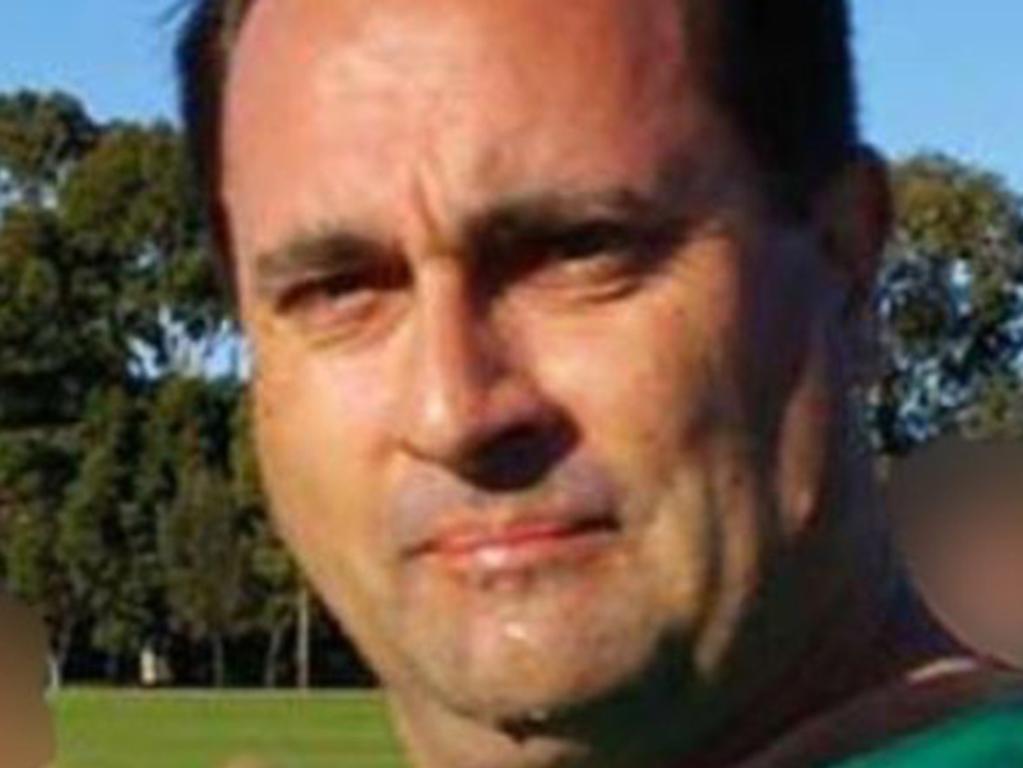Police seize home of pedophile
The home of an accused pedophile has been restrained for the first time using proceeds-of-crime laws, in an ‘aggressive’ new federal police strategy.

The home of an accused pedophile has been restrained for the first time using proceeds-of-crime laws, in an “aggressive” new federal police strategy to target the assets of child sex offenders.
The $300,000 Adelaide home was restrained in the Supreme Court of South Australia in a case that is unique because the alleged offender is not accused of profiting from crimes against children.
Instead, police are attempting to confiscate the home on the grounds the man allegedly used the property when he ordered and instructed the abuse of children that he watched live and remotely online.
The man is alleged to have communicated with people in Southeast Asia to procure several children so he could watch them being sexually abused.
He is facing numerous charges, with penalties ranging from 15 to 25 years’ imprisonment.
Australian Federal Police Commissioner Reece Kershaw said the AFP-led Criminal Assets Confiscation Taskforce restrained the home on November 13. Mr Kershaw had announced in September that the homes, cars, cash and other assets of child sex offenders would be targeted in a “new and aggressive criminal asset-confiscation strategy”.
“This is the first time the AFP has restrained the home of an alleged child sex offender, who is not accused of profiting from his crimes, but of allegedly using his property to commit serious offences,” he said on Monday. “This significant civil action … should be a warning to anyone who preys on children.”
Federal proceeds-of-crime laws allow authorities to restrain a person’s property where there are reasonable grounds to suspect they have committed a serious offence.
Authorities can seize both proceeds and instruments of crime, using a civil standard of proof that does not require a criminal conviction. The police case is that by allegedly using the privacy and confines of the single-level brick home to commit offences, the property was an instrument in the crimes and could be confiscated.
If the court allows confiscation, the home will be sold and the proceeds will go towards crime prevention and other community initiatives.
“The commonwealth’s proceeds-of-crime laws are a powerful tool to target serious criminality,” Mr Kershaw said. “They have been used to restrain and then ultimately confiscate the homes, goods and cash of outlaw motorcycle gangs, serious organised crime syndicates and drug dealers.
“Committing sexual acts against children, and viewing and producing child exploitation material is a serious crime.
“If the homes of drug dealers are confiscated, so should the property of child sex offenders. In principle there should be no difference in the application of these laws.”
The investigation, Operation Tatsuta, began after Australian Border Force officers examined the man’s belongings in Melbourne on his arrival on a flight from Singapore in February.
Child abuse material allegedly discovered on his iPhone was referred to the AFP and the man was charged. The South Australia Joint Anti Child Exploitation Team, comprising federal and state police, charged him with further offences in April. He is due in court again next year and is yet to enter a plea.
Other similar confiscation cases are expected to follow. Mr Kershaw said the AFP had this year charged 160 people with 1282 offences relating to child abuse, and had removed 106 children from harm. The average number of images seized from arrested offenders was on the rise, he said.
“In the early to mid-2000s, a child sex offender had about 1000 images, now it’s between 10,000 to 80,000 images and videos. This is not a victimless crime,” he said.
“I make no apologies for using the full force of the law to prosecute, disrupt and deter those who target our children, whether in Australia or abroad.”
Federal police recently succeeded in seizing the assets of a Belgian tourist, Bryan Loyson, who paid for his Australian holiday by selling child abuse videos and photos. Two bank accounts, camera equipment, a drone and scuba diving gear, worth a combined $30,000, were restrained in the Supreme Court of NSW by the CACT in October. Final orders allowing confiscation were granted on November 30.
Loyson is not connected to the man whose home has been seized.
The CACT is made up of the AFP, Australian Criminal Intelligence Commission, Australian Taxation Office, AUSTRAC, and Australian Border Force.
It restrained more than $250m in assets in Australia and overseas last financial year, the first step in the confiscation process. Proceeds from confiscated and sold assets go into the commonwealth’s confiscated assets account, used by the Home Affairs Minister to fund law enforcement-related and other community initiatives.







